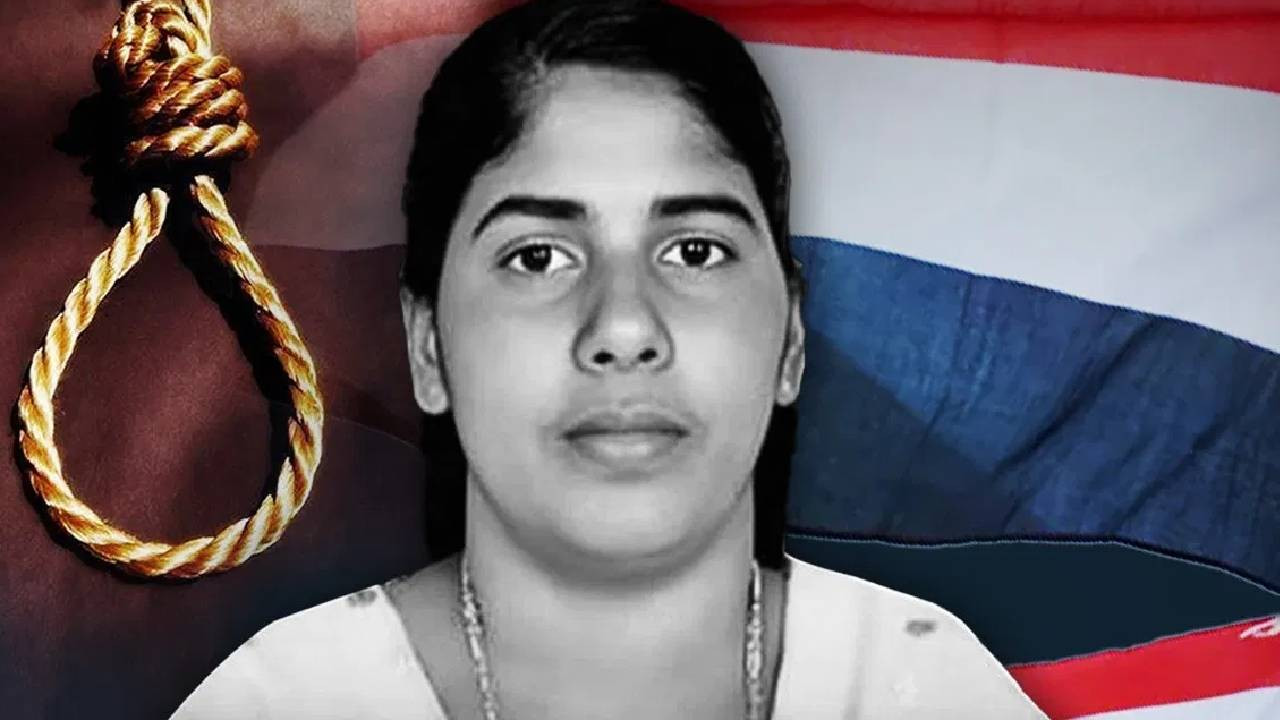National News: The recently released Class 8 Social Science textbook by NCERT presents a more critical view of the Delhi Sultanate and the Mughal Empire, describing rulers like Babur as a “brutal and ruthless conqueror” who “slaughtered entire populations of cities,” while Akbar is portrayed as a mix of “brutality and tolerance.” Aurangzeb is noted for ordering the demolition of temples and gurdwaras.
This sharper portrayal of medieval India appears in a section titled “Note on Some Darker Periods in History,” which also carries a disclaimer stating that “no one should be held responsible today for events of the past.”
The updated textbook—Part 1 of ‘Exploring Society: India and ’Beyond’—was released this week as part of the new NCERT curriculum under NEP 2020 and the National Curriculum Framework 2023.
Sultanate and Mughal Era Viewed Through a Critical Lens
In earlier editions, students were introduced to this historical period in Class 7, but under the new syllabus structure, this content now begins in Class 8. The book includes chapters that cover the rise and fall of the Delhi Sultanate, its resistance, the Vijayanagara Empire, the Mughal era, their opponents, and the emergence of the Sikhs.
The section characterizes the Delhi Sultanate as a time of political instability and violent military campaigns, highlighting widespread plunder of villages and cities and attacks on temples.
The chapters on the Mughals echo a similar tone—citing “brutality” in the actions of rulers and noting “numerous instances of religious intolerance.”
Aligned With New Education Policy
The updated textbook is part of a broader NCERT initiative to revamp school curricula based on the National Education Policy (NEP) 2020. The move aims to present a more “balanced and nuanced” view of history, although critics argue that some descriptions may reflect ideological reinterpretation.
Officials from NCERT state that the changes are intended to provide historical context without casting blame on present-day communities and that students are encouraged to reflect, not judge.












